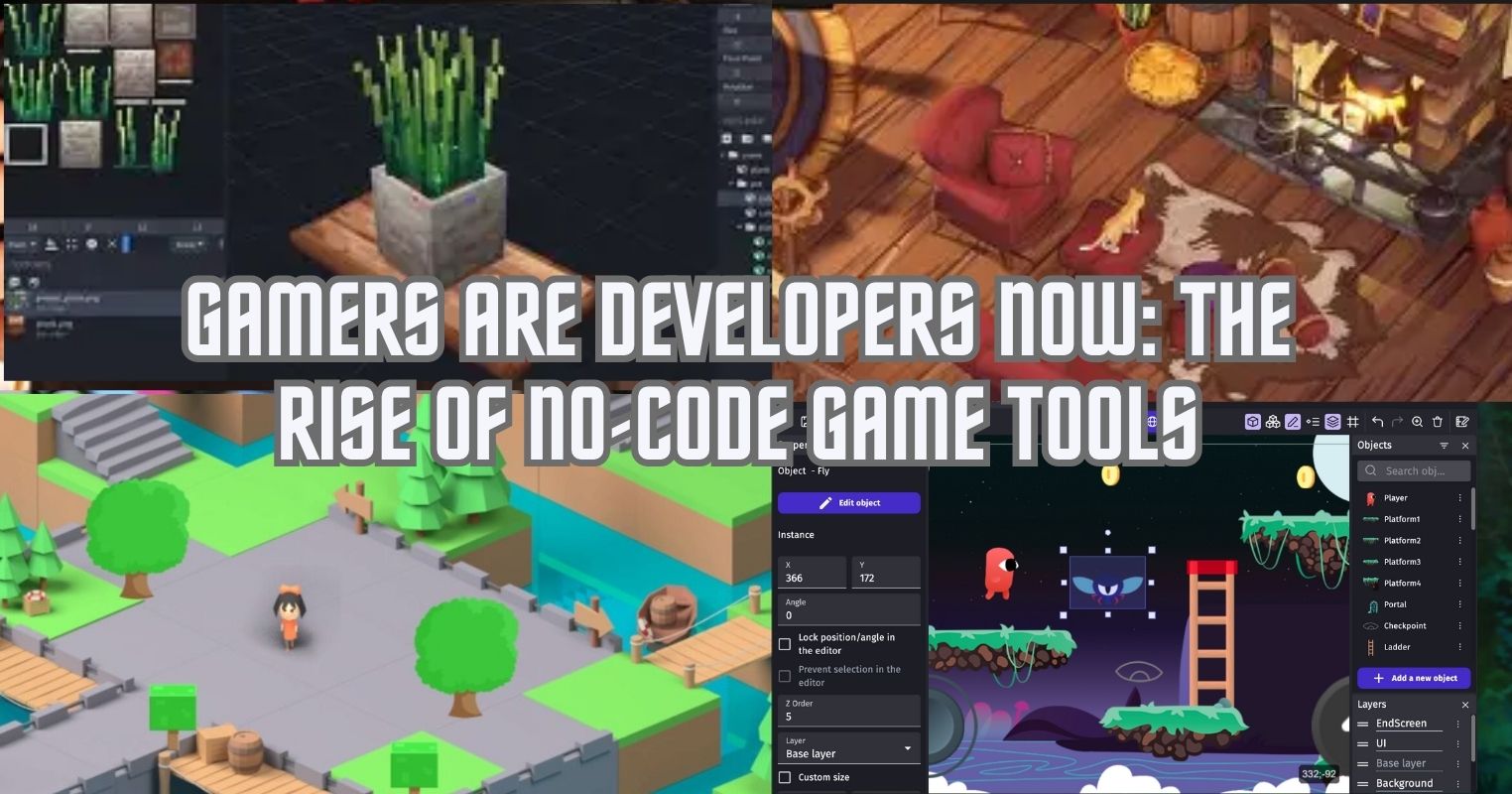- For decades people have attributed violent acts to the consumption of violent media; games haven’t been any different.
- While the results can vary between studies, the consensus is that there isn’t any evidence to support that violent behavior is caused by games.
- Blaming an insignificant risk factor such as gaming can be a detriment in actually dissecting and solving what’s causing these acts of violence.
Concerned parents and fearful politicians alike have always loved to blame violent media for acts of violence done by the newer generation. At first, the blame was held on murder mysteries. Then, films and movies came into the spotlight. Video games are the latest addition to this trilogy, with people blaming titles such as Grand Theft Auto and Mortal Kombat as far back as the 90’s. So, do games really cause violent behavior?
Why Is This A Question?
With the rapid advancement in technology, what was at first a luxury to be had only in arcades has turned into something available to every household. At the same time, the amount of violent behavior reported by people who play games has increased. Any logical person would assume that there’s a connection, right?
After all, it isn’t any coincidence that the main perpetrators of the 1999 Columbine Highschool Massacre were avid players of Doom. Since then, the amount of familicides and school shootings has increased drastically.
Similarly, in 2018, news went viral about a teen committing suicide after completing Doki Doki Literature club. In 2021, a teen committed familicide after a losing streak in PUBG.
There’s an entire history of news like these. They pop up once every so often today as well, but the bandwagon of putting games on trial whenever a tragedy occurs seems to have calmed down. Regardless, the question still stands.
Do Games Really Cause Violent Behavior?
So far, it seems that videogames are guilty after all. How else would you explain all these tragic events? Taking the Columbine Highschool Massacre, there was no direct correlation to the teens playing Doom and the crime they committed. Just because a person liked something and also committed a crime does not connect the two without further evidence.
Similarly, blaming teen suicide on a game ignores deeper issues such as an undiagnosed mental illness.
People are quick to judge game publishers for desensitizing easily influenced teens to the importance of the human life. Doing so only lets the main problems surrounding why these people acted out in the first place unchecked.
What Do The Studies Show?
Games aren’t completely free of blame, though. A large majority of studies show that there’s no link between violent acts committed in person and violence in videogames, but they also show that the adrenaline rush produced whenever you do a 1v5 clutch can cause you to be more aggressive temporarily.
Still, aggressiveness doesn’t always cause violence. For example, sports are commonly agreed to be an important part of a healthy lifestyle. The high you get when physically exerting yourself is due to adrenaline as well. Yet, to claim that sports are causing people to be more prone to committing crimes would be absurd.
Initial studies backed up the idea that games were a major cause in increasing violence, but newer and more well documented studies show something else. A study conducted by Oxford, which is one of the most thorough studies on the effect on games till date, presents absolutely no correlation between violent behavior and gaming.
Addressing The Discrepancy In Studies
Even as we address each event individually, people retain the right to question why we’re suddenly witnessing an apparent surge in criminals who spend their leisure time gaming.
Consider the logic: as games become more prevalent, the likelihood of a crime being committed by someone who owns a console or two doesn’t seem far-fetched. However, such claims border on the absurd when you realize that, by the same reasoning, ordering food online could be linked to manslaughter.
Discussing it further, another potential conclusion can be drawn when you look at multiple studies at the same time. People (especially teens) who are more prone to violence, either inherently or due to external factors, are more likely to pick up a game where you get to go around killing people. An argument can be mad that it actually helps the individual. This is because it gives them a way to vent out their inner frustration without harming anyone else.
When Can Gaming Result In Violence?
All of this is only for people who game moderately. If someone spends all their time locked away alone in a room, it can cause problems. While games aren’t bad, it’s important to give attention to other things as well. Excessive gaming can cause you to be asocial and paranoid, which can result in violence.
Latest Updates
Thank you! Please share your positive feedback. 🔋
How could we improve this post? Please Help us. 😔
[News Reporter]
Avinash is currently pursuing a Business degree in Australia. For more than three years, he has been working as a gaming journalist, utilizing his writing skills and love for gaming to report on the latest updates in the industry. Avinash loves to play action games like Devil May Cry and has also been mentioned on highly regarded websites, such as IGN, GamesRadar, GameRant, Dualshockers, CBR, and Gamespot.


 Threads
Threads

